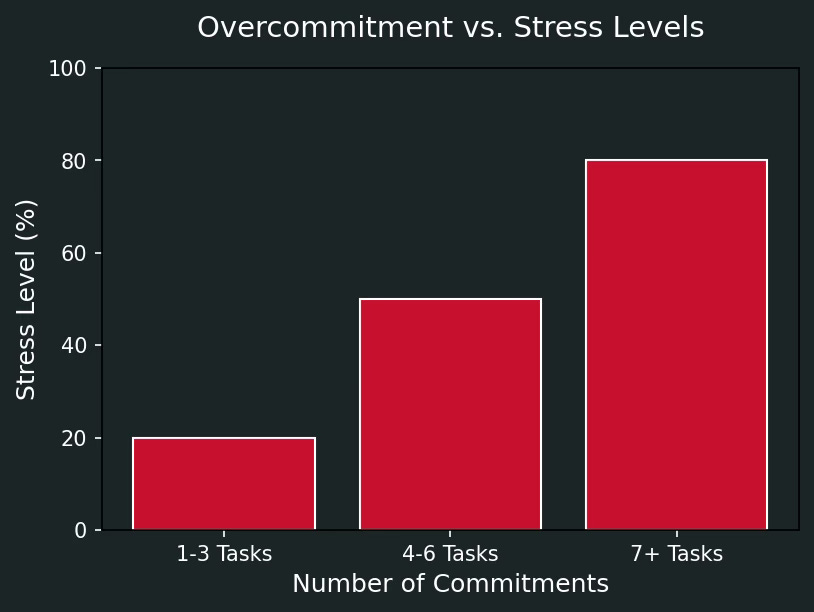The Art of Saying No // Article VI
Level 2 - Reading Time: 7 Minutes
In a world obsessed with…
Hustle, overcommitment, and the relentless pursuit of “more,” the ability to say “no” is a rare and powerful skill.
Most men are conditioned to please - to say yes to every favor, project, or social obligation, often at the expense of their own goals. But here’s the unfiltered truth… every “yes” you give to something misaligned with your priorities is a “no” to your own potential.
Mastering the art of saying no isn’t about being selfish or standoffish - it’s about ruthless prioritization, self-discipline, and commanding respect. If you can’t control your time, energy, and focus, you’re not in control of your life.
Let’s break down why saying no is so hard, why it’s essential, and how to do it with precision.
The Psychological Barriers to Saying No
Saying no feels unnatural because it clashes with deep-seated psychological instincts. Humans evolved as social creatures, and for thousands of years, survival hinged on group cohesion.
Refusing a request could signal disloyalty or weakness, risking exclusion from the tribe. Today, that ancient wiring translates into guilt, fear of conflict, or anxiety about burning bridges.
For men, cultural expectations pile on extra weight. Society often casts you as the provider, the fixer, the guy who “gets it done,” no matter the personal cost. Saying no can feel like a betrayal of that identity.
Then there’s the scarcity mindset - a pervasive fear that declining an opportunity means missing out on something critical.
Whether it’s a networking event, a side gig, or even a casual night out, the fear of missing out (FOMO) clouds judgment. But most opportunities are noise, not signal.
A 2018 study in the Journal of Consumer Research found that people who habitually say yes to low value commitments report higher stress, lower life satisfaction, and diminished productivity.
The kicker? They often overestimate the consequences of saying no. That coffee meeting you agreed to out of guilt? It’s rarely the game changer you think it is.
Another barrier is the desire to be liked.
Men, despite the stoic stereotype, are not immune to social pressure. You might worry that saying no will make you seem uncooperative or ungrateful.
Pandering to others’ expectations erodes your autonomy. The sooner you realize that respect trumps likability, the easier it becomes to set boundaries.
The Hidden Costs of Saying Yes
Every “yes” you utter spends a finite resource - your time, energy, or mental bandwidth. These aren’t infinite wells you can draw from endlessly.
Chronic overcommitment is linked to burnout, anxiety, and physical health issues like hypertension and weakened immune function.
When you say yes to a colleague’s last minute request, you’re saying no to your schedule, your side hustle, or time with people who actually matter. Worse, you’re conditioning others to expect your compliance, creating a vicious cycle of obligation.
Saying yes also dilutes your impact. If you’re juggling too many commitments, you can’t perform at your peak.





